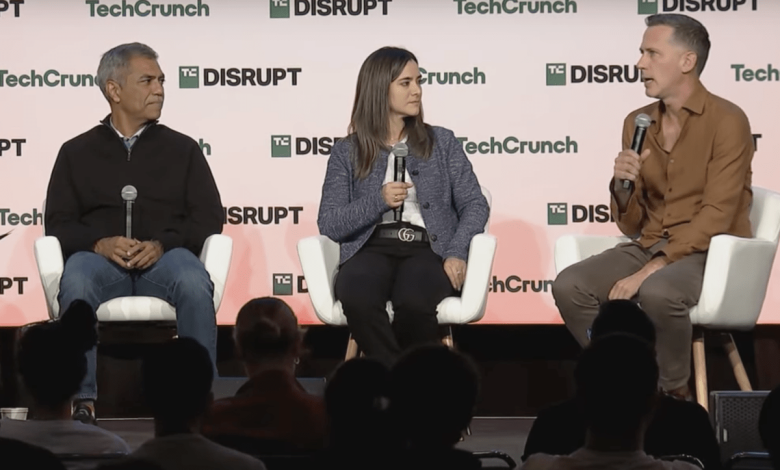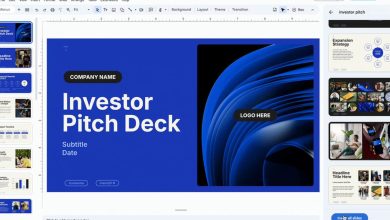GenAI suffers from data overload, so companies should focus on smaller, specific goals

“There is no such thing as a AI with out knowledge, there isn’t a AI with out unstructured knowledge, and there’s no AI with out unstructured knowledge at scale,” stated Chet Kapoor, chairman and CEO of information administration firm DataStax.
Kapoor was kicking off a dialog at TechCrunch Disrupt 2024 about “new knowledge pipelines” within the context of recent AI purposes, the place he was joined by Vanessa Larco, accomplice at VC agency NEA; and George Fraser, CEO of information integration platform Fivetran. Whereas the chat coated a number of bases, such because the significance of information high quality and the position of real-time knowledge in generative AI, one of many massive takeaways was the significance of prioritizing product-market match over scale in what actually continues to be the early days of AI. The recommendation for corporations seeking to soar into the dizzying world of generative AI is easy — don’t be overly formidable at first, and concentrate on sensible, incremental progress. The explanation? We’re actually nonetheless figuring all of it out.
“An important factor for generative AI is that all of it comes right down to the individuals,” Kapoor stated. “The SWAT groups that really go off and construct the primary few initiatives — they aren’t studying a handbook; they’re writing the handbook for how you can do generative AI apps.”
Whereas it’s true that knowledge and AI go hand in hand, it’s straightforward to grow to be overwhelmed by the sheer quantity of information an organization might have, a few of it probably delicate and topic to strict protections, and possibly even saved throughout myriad places. Larco, who works with (and sits on the board of) quite a few startups throughout the B2C and B2B spectrum, urged a simple-but-pragmatic strategy to unlocking true worth in these early days.
“Work backwards for what you’re attempting to perform — what are you attempting to resolve for, and what’s the knowledge that you just want?” Larco stated. “Discover that knowledge, wherever it resides, after which use it for this goal.”
That is in distinction to attempting to splash generative AI throughout the entire firm from the get-go, throwing all their knowledge on the giant language mannequin (LLM) and hoping that it spits out the precise factor on the finish. That, based on Larco, will probably create an inaccurate, costly mess. “Begin small,” she stated. “What we’re seeing is corporations beginning small, with inner purposes, with very particular targets, after which discovering the info that matches what they’re attempting to perform.”
Fraser, who has led “knowledge motion” platform Fivetran since its inception 12 years in the past, amassing big-name clients reminiscent of OpenAI and Salesforce en route, urged that corporations ought to focus narrowly on actual points they’re going through within the now.
“Solely remedy the issues you might have in the present day; that’s the mantra,” Fraser stated. “The prices in innovation are at all times 99% in belongings you constructed that didn’t work out, not in issues that labored out that you just want you had deliberate for scale forward of time. Though these are the issues we at all times take into consideration on reflection, these usually are not the 99% of the associated fee you bear.”
A lot just like the early days of the net and, extra just lately, the smartphone revolution, early purposes and use instances for generative AI have proven glimpses of a robust new AI-enabled future. However thus far, they haven’t essentially been game-changing.
“I name this the Offended Birds period of generative AI,” Kapoor stated. “It’s not utterly altering my life, nobody’s doing my laundry but. This 12 months, each enterprise that I work with is placing one thing into manufacturing — small, inner, however placing it into manufacturing as a result of they’re really understanding the kinks, on how you can type the groups to go and make this occur. Subsequent 12 months is what I name the 12 months of transformation, when individuals will begin doing apps that really begin altering the trajectory of the corporate that they work for.”








